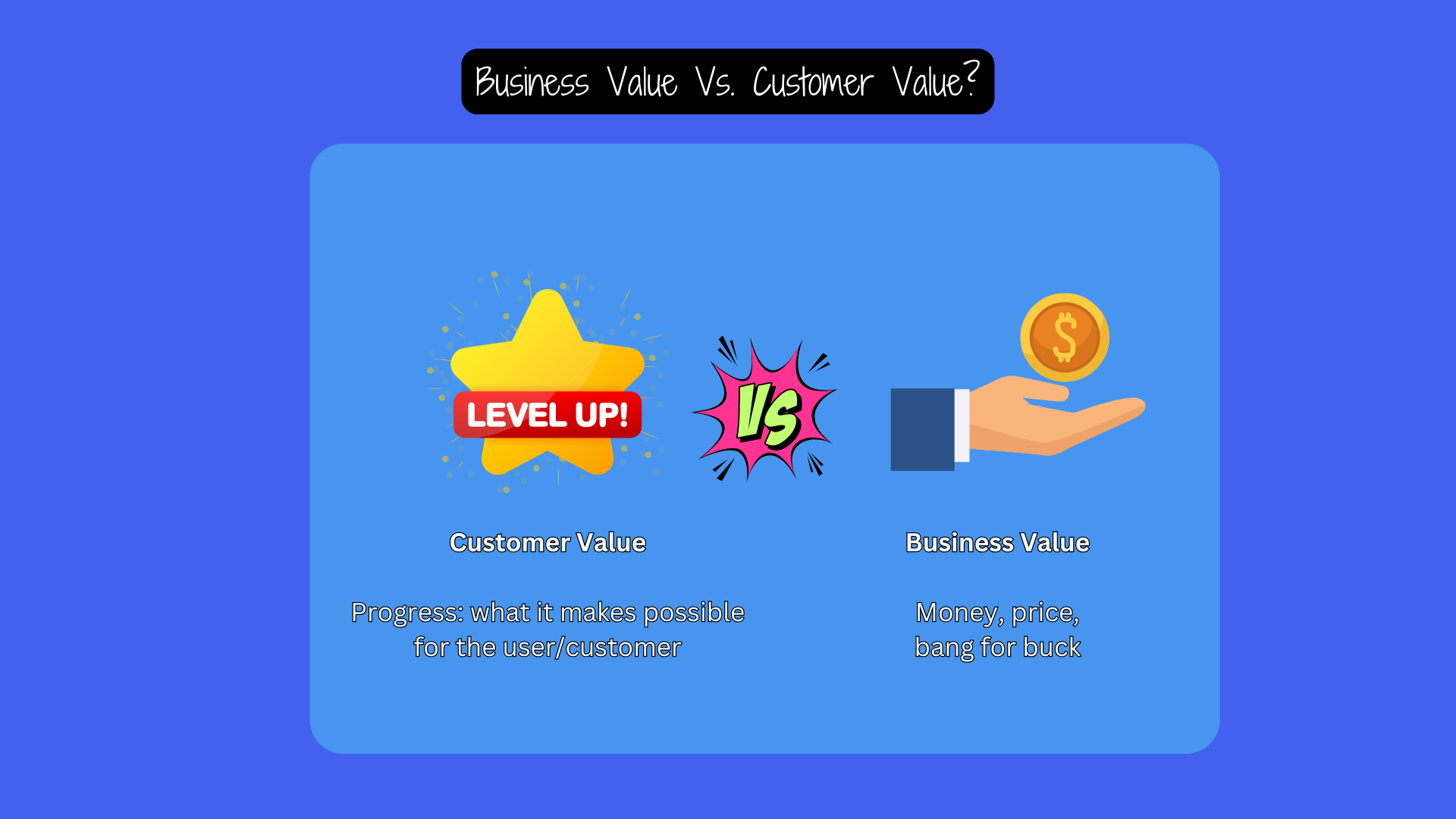Why OKRs Often Slowly Wither Away
Have you ever had the privilege of witnessing a beautiful coral reef filled with colorful fish and other magnificent creatures?
As a teenager back in the 90s, I went snorkeling in the Dutch Caribbean on the lovely island of Bonaire. Visiting the alien world below the surface almost made me feel like an astronaut visiting planet Earth. It was truly a sight to behold and a breathtaking beauty I will forever remember.
As majestically beautiful as coral is, it’s incredibly fragile. Coral thrives only in the most pristine of conditions.
Did you brush your leg against some coral while swimming? It’s likely a goner.
Did you wear sunscreen with oxybenzone? The coral is most definitely dead.
Is the water temperature too high? Bleached coral is inevitable, and if the temperature doesn’t drop, it will perish.
Is the acidity of water increasing due to there being more CO2 in the atmosphere? The coral will slowly dissolve in the water and vanish.
Long story short, coral is delicate and will only thrive in conditions that are increasingly rare due to global warming and prevalent tourism.
I visited Bonaire again a few years back and I was incredibly disappointed. Most of the coral near the shores was gone and bleached. It made me wish I had gone more often in the 90s.
Bleaching Coral? What’s This All Got To Do With OKRs?
Now, let’s turn away from the world of Marine Biology and go back to the lovely realm of OKRs.
OKRs are like coral, they will only survive in the most pristine of conditions. However, because of their appeal, everybody wants to do OKRs, even if the conditions in their organization are far removed from what OKRs need.
OKRs are delicate and fussy. They’re the cherry you add on top of the cake. If you’ve got a mushy cake base to start with, then that cherry will sink in and disappear.
Are you lacking a clear vision? Fix that first before doing OKRs.
Do you have something you call a strategy that doesn’t help you say no to things or make decisions? It’s too early to begin using OKRs.
Do you have a roadmap that’s totally different from your OKRs? Congratulations. Your roadmaps and OKRs will now compete for attention and cannibalize each other's progress.
Are you a Feature Factory without a clear understanding of how your product delivers value? You’ll waste a lot of time reverse-engineering outcomes from features you’ve already built.
To fix it, you have to start implementing a way of working that starts with Discovery instead of Delivery. And that’s way more difficult than starting with OKRs.
Reverse engineering outcomes from features you have already decided to build is actually one of the biggest reasons companies struggle with OKRs. A symptom of this happening is that there often is a lot of focus on business value and money, instead of how we create the value for the customer that we can ultimately capture as money.
They know how they’re capturing value for the business, but they have a much worse understanding of how their products are creating value for their customers. Features are decided to build without a clear understanding of how these features will grant progress to customers.
For a sustainable business, you need both value creation and value capture, and having one doesn’t necessarily mean you have the other.
There’s this lovely game called Dwarf Fortress, for which its fanbase coined the endearing tagline: “Losing is fun.” The game is gruelingly difficult, and no matter what you do, your dwarves will die.
That’s kind of like what happens when most organizations adopt OKRs: They slowly wither away because they don’t have the right conditions to make them succeed.
I once worked at an organization that tried to adopt OKRs three times, and all three attempts failed. This happened because they thought the problem was as simple as doing OKRs better, but the actual problem was that the environment was extremely far removed from the pristine conditions for successfully adopting OKRs.
I want to stress that what I’m writing now about OKRs also applies to Sprint Goals. Sprint Goals aren’t easy to do well, either. When your team struggles with Sprint Goals, that’s usually a symptom of other problems they may or may not want to fix.
That’s why I always say in workshops that the inability to set good Sprint Goals is usually symptomatic of your situation, and you’ve got to decide whether you want to address that situation or not.
In Biology, indicator species are often vulnerable members of an ecosystem. When conditions slightly change, they disappear. OKRs and Sprint Goals are like indicator species. If they don’t work, you should look at what’s going on in your company's natural habitat and not conclude that something is wrong with the indicator species.
Instead of worrying about how to do OKRs the right way, first, ask the question: Are we ready to do OKRs? Do we have the pristine conditions necessary for them to help us instead of drag us down?
If you don’t know whether you have the right conditions, give OKRs a shot. But treat them as the fragile indicator species that they really are. If OKRs fail, treat that as a symptom of something else, and don’t make the problem “How can we do OKRs better?”, because often that really isn’t the problem.
Like coral, if you put OKRs or Sprint Goals in the wrong habitat, they will slowly wither away and disappear.
Better coral isn’t the solution; you need to think about creating the right conditions for coral to thrive.






